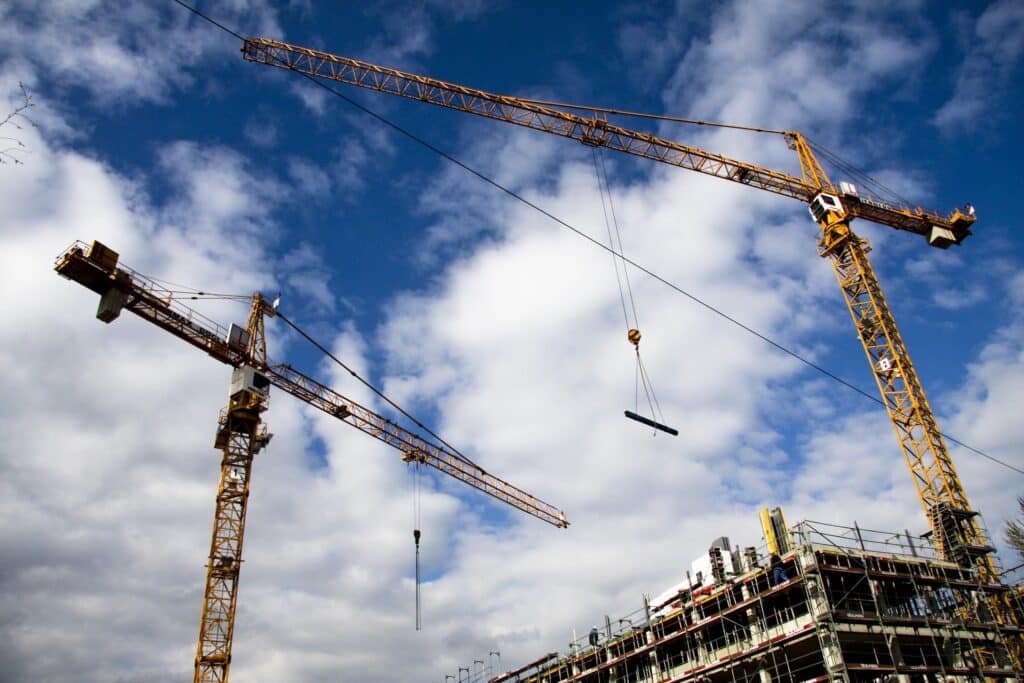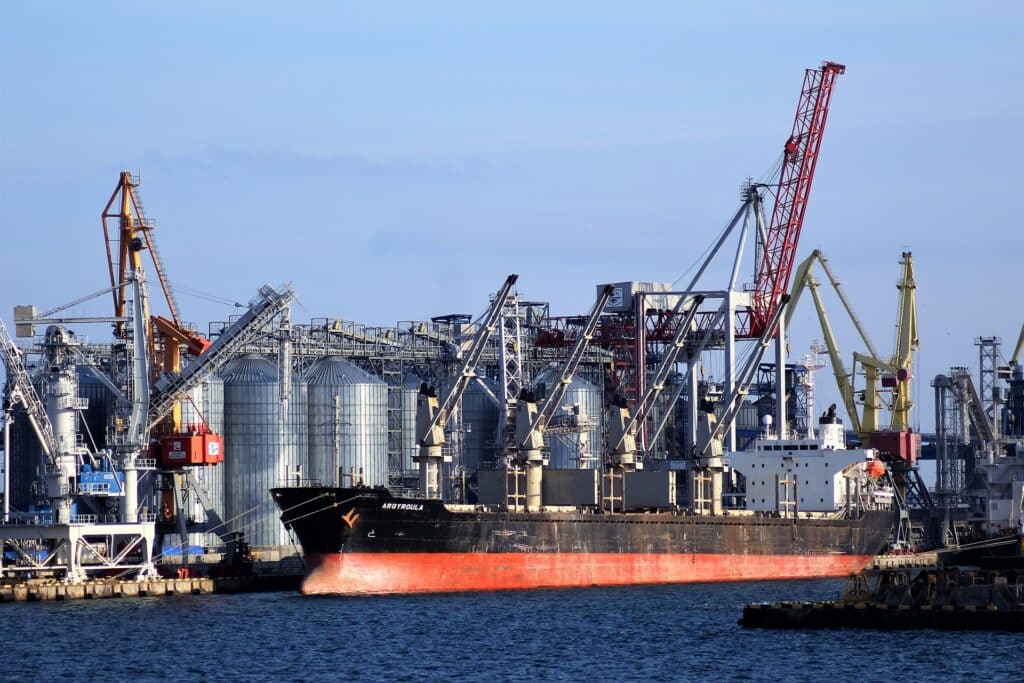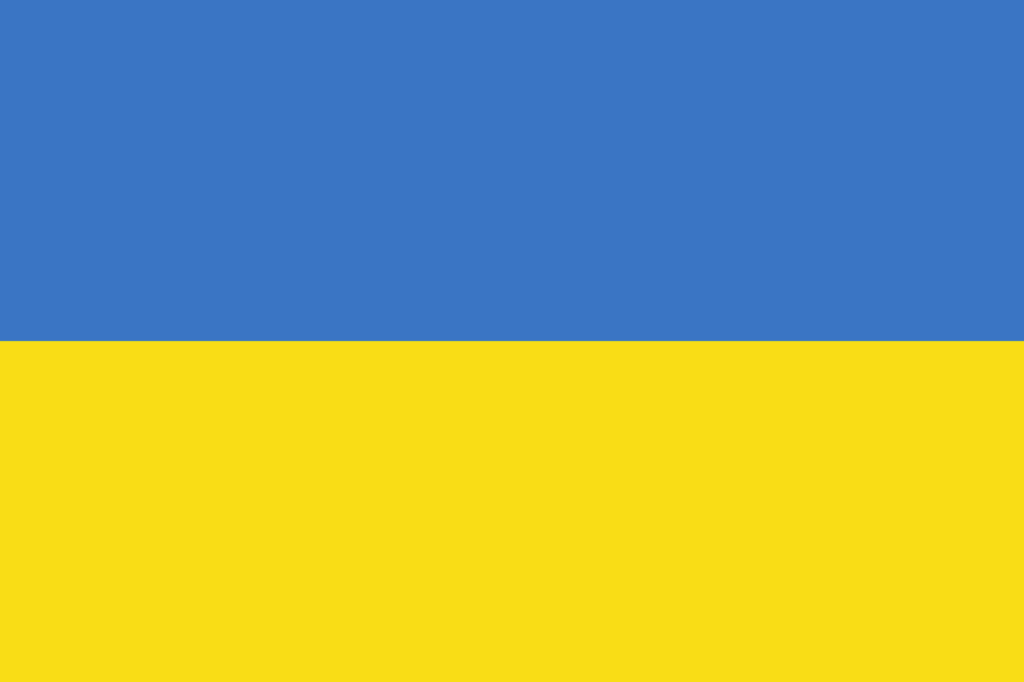Shortly after the start of the Russian aggression against Ukraine, we decided - with the substantive support of our friends from Odesa and Kyiv - to introduce selected institutions of Ukrainian law in this section.
In July 2022, we described it as follows:
(…) Ukrainian soldiers and civilians die every day. However, we, like the Ukrainians, believe that their sacrifice will contribute to the faster integration of independent Ukraine with the European Union, so that our neighbors will soon be able to freely participate in strengthening European achievements and values. We hope that events will unfold in such a way that in the near future the cooperation between our nations will become closer in every field and that conditions will soon arise for the post-war reconstruction of Ukraine.
For several years we have been convinced that the time will come when cooperation with our Ukrainian neighbors will intensify. We understood that the future of both our nations should naturally be based on partnership, development of interpersonal relations and close economic cooperation. This hope was strengthened by the aspirations of the Ukrainian people to join the European Union, clearly visible since the end of the 1990s.
We have long had an internal need to make a modest contribution to the process of bringing our countries and societies closer together. The first opportunity for this came when the Faculty of Law and Administration of the Jagiellonian University, as part of the foreign law school program, in cooperation with the University of Ivan Franko in Lviv and the National Economic University in Ternopil, organized the exchange of law students. As part of this project, the Coordination Center of Foreign Law Schools of the Jagiellonian University asked Krakow law firms to provide internships for law students from Ukraine residing in Poland. We applied for this program without hesitation and for four years in a row during the summer we hosted a total of five students and students of law from Ukraine who broadened their legal knowledge in Poland. As part of the cross-border scientific cooperation, one of our lawyers even conducted Polish law courses at the National University of Economics in Ternopil.
In 2014, we carefully observed the course of protests by Ukrainians against the subordination of their country by the political elite to Russian influence, which began with the bloody events in Kiev's Maidan. Unfortunately, the internship program was discontinued at that time. We are left with contacts made during this period, as well as souvenirs that Ukrainian students gave us before returning to Ukraine. We have also kept the letter we received at that time, in which the Head of the Coordination Center of Foreign Law Schools of the Jagiellonian University expressed his thanks for allowing students staying in Krakow to complete their internships in our office.
In the following years, due to the numerous economic immigration of Ukrainian citizens to Poland, we personally met many Ukrainians who were among us, in our city, and probably every inhabitant of Krakow, Warsaw, Gdańsk or Wrocław got used to the fact that on the streets, in shops, restaurants and trams Ukrainian was the second most widely used language, next to Polish. It seems that this several-year period of coexistence contributed to the rapprochement of our - after all, having a lot in common - nations.
On February 24, 2022, a dramatic time began for the Ukrainians, but we believe that the Ukrainian army, with the help of its Western allies, will soon liberate the now occupied territories and military operations will eventually cease.
One should be aware that the Russian invasion found Ukraine as a country moving in a clearly defined direction: with a government composed of skilled technocrats, with a society united around the Ukrainian raison d'état of integration with Western Europe, with a perfectly trained army built in just eight years, and with relatively stable economy, as evidenced by the fact that despite the ongoing war, the Ukrainian state is still functioning, banks, offices and health care are still operating. We hope that all this will allow for a faster post-war reconstruction. Once this process begins, an orientation in the legal system of Ukraine may be useful. This is what our current initiative is about.
Michał Wojtyczek
Krakow, July 30, 2022.








